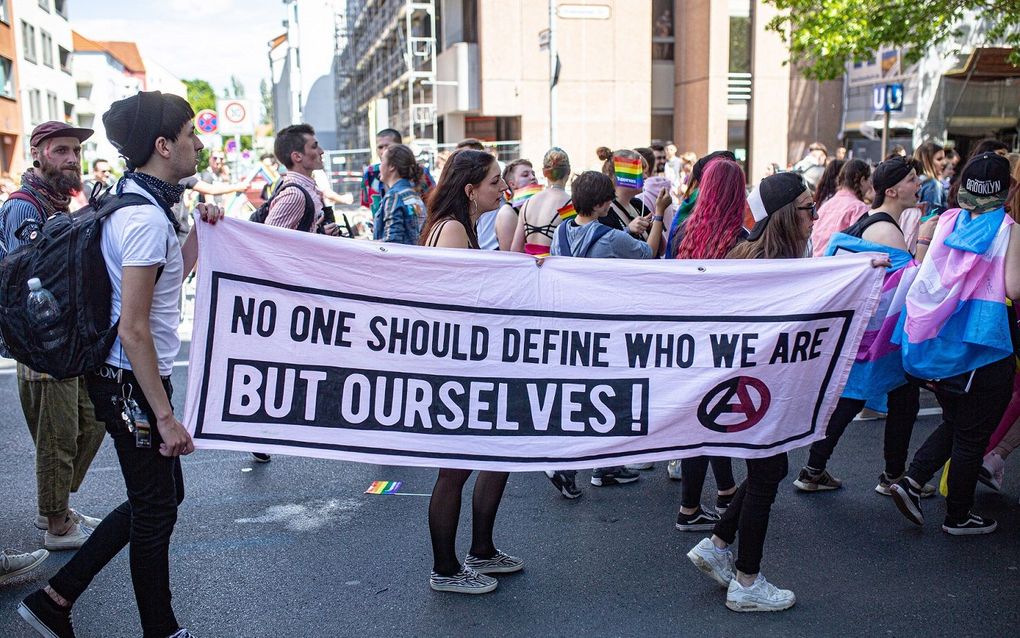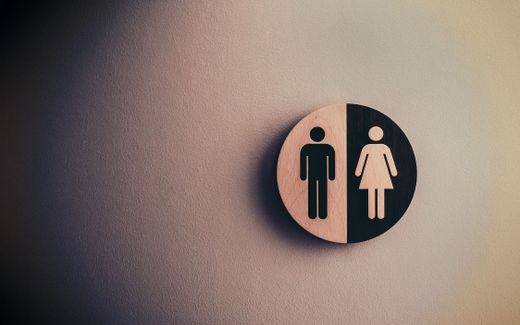German Ministers present self-determination draft law

People participate in the parade of the Christopher Street Day in Hanover, Germany. Photo EPA,, Jonas Nolden
Central Europe
The long-awaited draft of the transgender law has been presented in Germany. It should make gender change more accessible, but not in all areas.
Currently, Germans have to go through a court process or present a medical report to change their legal gender. If the new draft is passed, every German should be able to change his or her gender at the registry office, Evangelische Zeitung reports. Children under 14 must ask their parents to submit a request, and minors between 14 and 18 need parental consent to change their legal gender. It is possible to change your gender multiple times, as long as it is at least a year after the last gender change. The legal gender change comes into effect three months after the request is submitted to the registry office.
Military service
However, the draft transgender law, written by Federal Justice Minister Marco Buschmann (FDP) and Federal Family Minister Lisa Paus (Greens), also contains some ifs and buts. For example, in the event of a war, men cannot change their gender to female to evade military service, Neue Zürcher Zeitung writes. In addition, males who identify themselves as females do not get easy access to saunas automatically. This latter point was one of the critiques of the self-determination law, as people feared it would endanger women. With the special section in the law, saunas can "deny access to individuals out of consideration for the natural need to protect privacy or for fear of harassment or sexual harassment of other users."
In addition, women's quotas are not affected. If a company hired a woman who later changed her gender to become a man, she still counts for the quota.
Also, the penitentiary system is free to place a male with a legal female gender in a men's prison because "the security interests and personal rights of all prisoners" would have to be considered.
Lastly, the law stipulates that previous gender entries and changes are kept secret. Only when "special reasons of public interest" require it can these entries be made public.
Recess
Currently, the draft law is up for an internal government vote, Tagesschau writes. The queer commissioner of the federal government, Sven Lehmann, said to German media that he hoped it could be introduced before the summer recess.
Nevertheless, the law is not uncontroversial. Especially conservative and right-wing politicians are worried. The Christian Democratic Union (CDU) and the Christian Socialist Union (CSU) point out that the name "Self-determination Act" suggests that gender identity must be freely selectable for everyone at all times." AfD leader Beatrix von Storch even described the draft law as a "slap in the face to women who have to deal with men who define themselves as women."
FAZ editor Reinhard Muller writes in a comment that the self-determination law is presented as enlarging freedom. However, he points out that it also leads to a loss of freedom. "Women's shelters could lose their purpose." In addition, he worries that children, who are now not concerned with their gender and protected by the legal system, will now rethink their gender with their legal guardians. "This is a dubious understanding of self-determination and also of sustainability."
Related Articles









